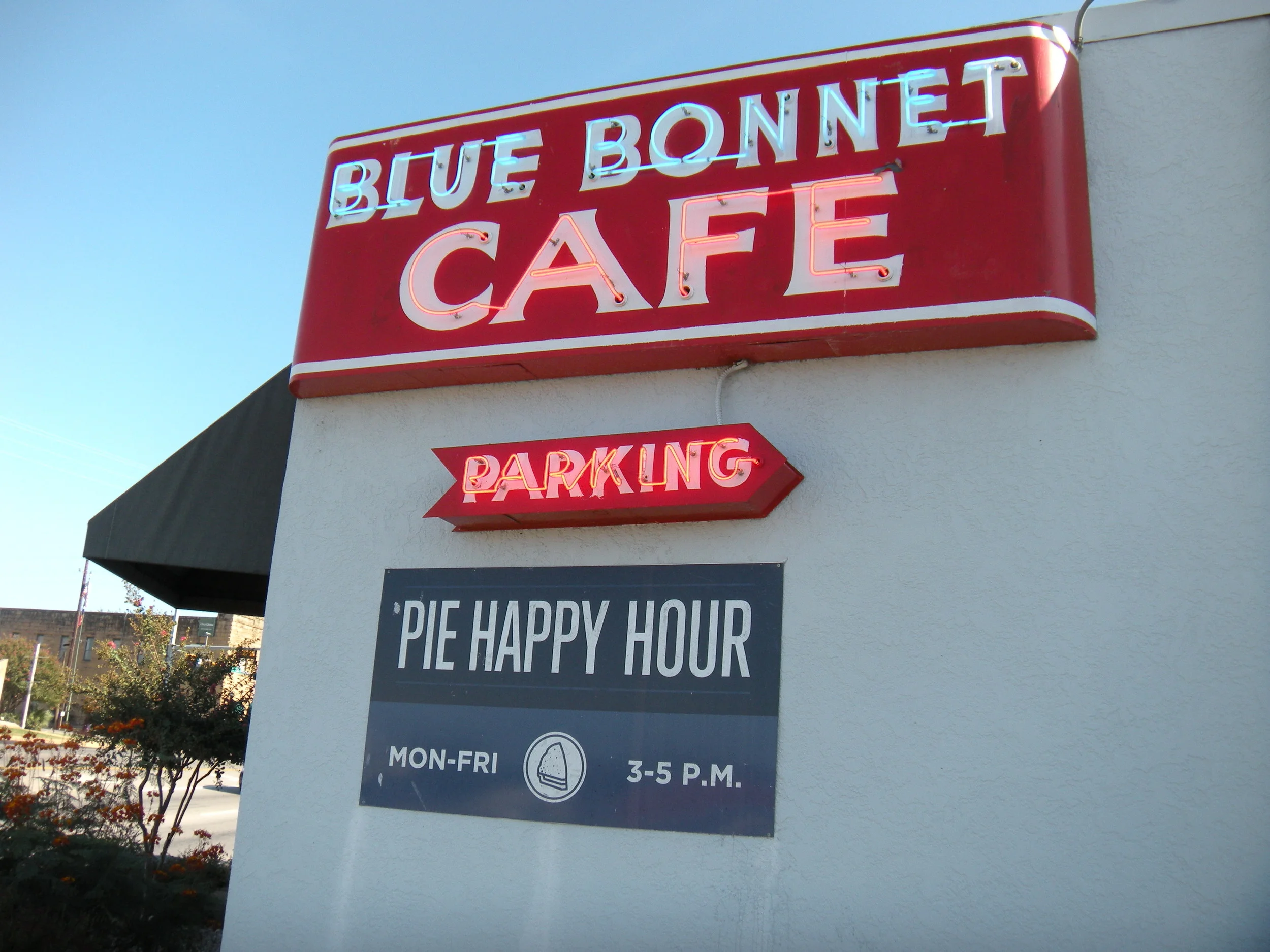Paul and Betty are outgoing and hospitable, with a gracious home situated on several acres, a pleasant escape from our little townhouse on a busy street. They enjoy getting everybody together for a meal. Today’s event presents a chance to visit with Heidi and her husband, Jim, who’ve come from Boston to spend some time with our niece, Keri, Leanne’s daughter. Keri, not yet forty-five, has ovarian cancer and has suffered through two unsuccessful rounds of chemo. She’s always been one of my favorite Waldos. Easy-going, with an innate sense of fun, she’s not one to judge or force her opinions on others. She’s into piercings and tattoos and colorful hair (teal now, the color representative of ovarian cancer). I’ve never heard her say a mean thing about anyone.
We all gather around the counter that separates the kitchen from the living area. Greetings, hugs. Chips, dips, wine, beer. Betty’s busy, a hopping bird feeding the open mouths. And her feet hurt. They’ve been stepped on too many times by horses. She smiles through the pain, aware that others have worse to endure. Conversation flows—there’s a lot of catching-up to do. It’s been ages since any of us have seen Heidi. The talk is fast, words stacked on top of one another, and the walls reverberate with teasing and laughter. The Waldos actually like each other. They don’t get angry or hold grudges, which is foreign to me. We Haenisches know how to hold a grudge.
Having said that, the Waldos are intense and energetic, jolly with big personalities. As a quiet person who enjoys solitary walks and having conversations in my head, I find all this good cheer exhausting. I always drink too much at these gatherings.
For dinner—fajitas. More wine and more joking. Heidi tells about her two grandchildren, and there are pictures. Jim’s daughter is going to Smith—I intend to ask about his son, but the conversation goes elsewhere before I have a chance. Two new faces around the table—Curtis’s girlfriend, Anna, and my nephew, Phillip’s, girlfriend, Michelle. I admire the women of my sons’ generation. They are self-confident and seem to have a system of mutual encouragement that was lacking when I was their age.
After dinner we gather around Keri and her husband, Greg. Kedan, their grandson, is sent from the room. Greg explains the latest options—medications, dosages, treatments, schedules. His knowledge is profound and poignant. Keri begins to cry—impatient with her tears, she removes her glasses and presses her fingers against her closed eyelids. She doesn’t like being the instrument of gravitas. And she hates her enemy, cancer, with a penetrating and relentless hatred, an emotion stronger than any she’s ever felt. If it were a live being she would murder it violently and draw primal pleasure from the act.
Heidi’s arm goes around Keri, then Betty’s. David moves behind and plants a kiss on her hair. We’re all people who like to be in control, but there’s no controlling this. We’re confounded, helpless, devastated.
Keri knows she’s loved. And she knows people all over the country are praying for her. And she knows the doctors are working hard to save her. But as time passes, there is another thing she knows, and that is that no matter how many people support and love her, no one can feel what she feels. Others can understand her anger, sympathize with her fear, hold her hand as she stands against the pain, but no one can step in and bear these things for her. Ultimately, this is what she, alone, has been given.
Oh, Keri.
David, Keri, and Paul
Curtis and Anna. That's Heidi's husband, Jim, in the background.
Curtis playing with Kedan. Anna's behind Curtis. That's Greg, Keri's husband, behind Kedan.
Betty, Keri, and Heidi. The shades of blue look good on them.
















